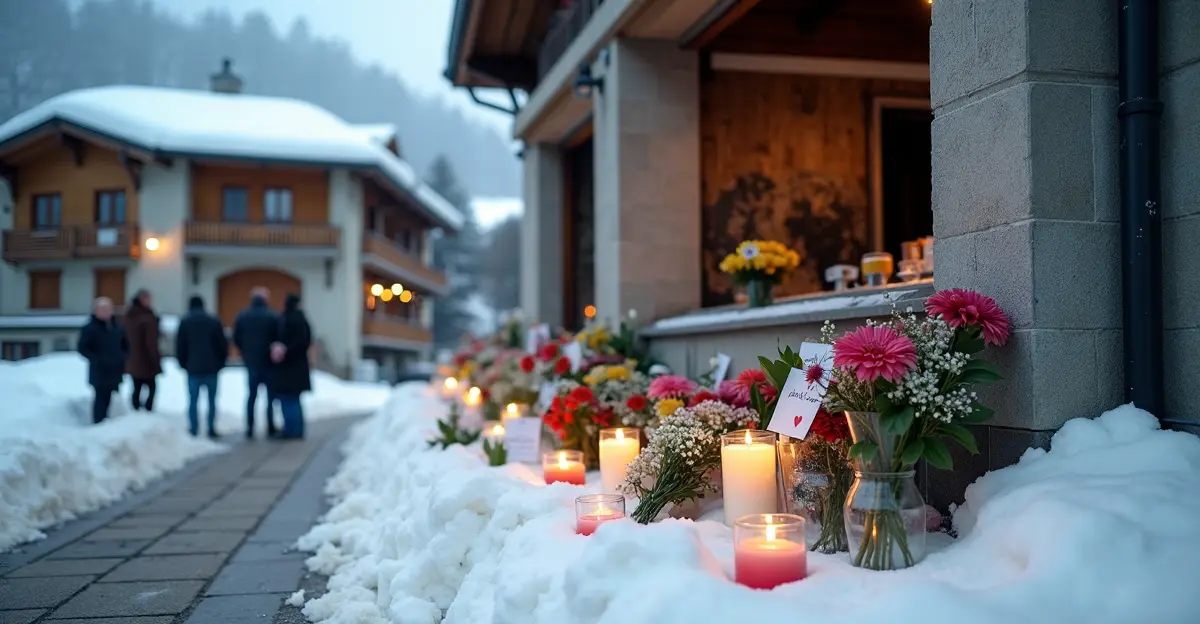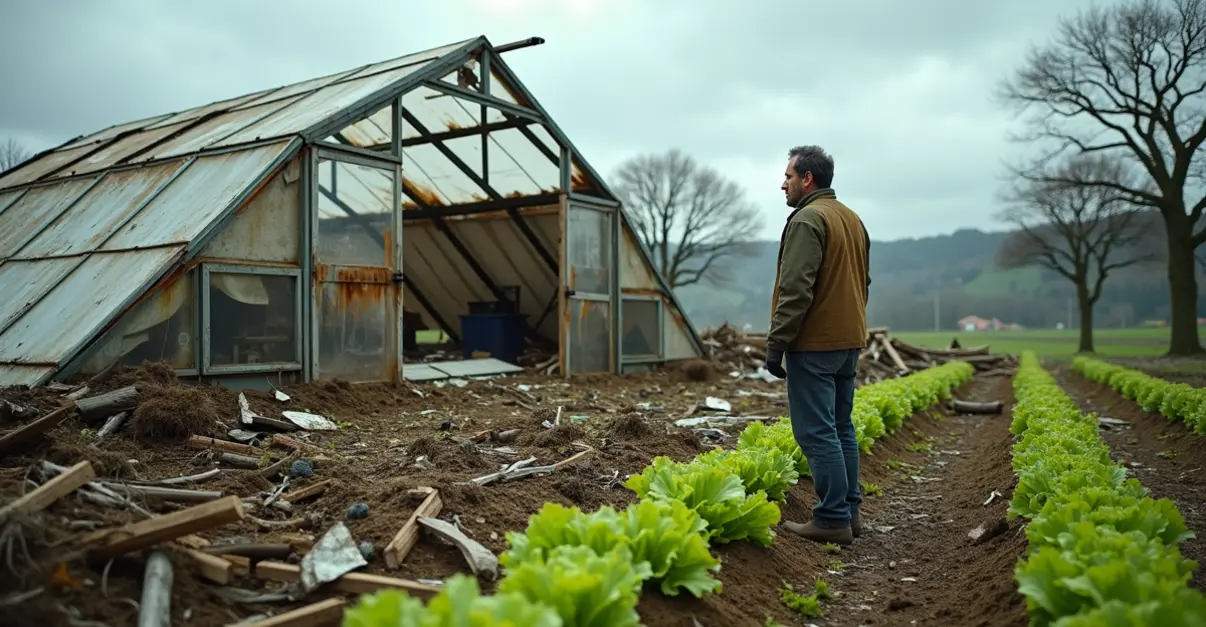
Victoria Gonzalez
About Victoria
Victoria Gonzalez: Chroniqueur van Economisch Herstel
Van Buenos Aires naar het Wereldwijde Economische Front
Geboren en getogen in Buenos Aires tijdens de turbulente economische periodes van Argentinië, ontwikkelde Victoria Gonzalez al vroeg een fascinatie voor financiële systemen. Haar jeugdervaringen tijdens de Argentijnse economische crisis van 2001 hebben haar wereldbeeld diepgaand gevormd, waarbij ze van dichtbij zag hoe macro-economisch beleid invloed had op buurtbakkerijen en familiebedrijven. Na cum laude af te studeren aan de Universidad de Buenos Aires, behaalde ze haar doctoraat in Economie aan MIT, met een focus op herstelpatronen na crises in opkomende markten.Baanbrekende Herstelmetrieken
Dr. Gonzalez heeft economische analyse gerevolutioneerd met haar Recovery Trajectory Framework (RTF), dat door 17 centrale banken wereldwijd wordt gebruikt. Haar methodologie onderscheidt oppervlakkige oplevingen van duurzaam herstel door werkgelegenheidsontwikkeling, veerkracht van MKB en aanpassing van de informele sector te volgen. Tijdens de COVID-19-pandemie werden haar real-time hersteldashboards essentiële hulpmiddelen voor ministers van financiën in Latijns-Amerika. "We meten herstel niet aan de hand van aandelenindices," verklaarde ze beroemd, "maar aan hoe snel een straatverkoper zijn kar kan herbouwen."Wereldwijde Impact Buiten de Academie
Naast haar hoogleraarschap aan de Universidad Torcuato di Tella leidt Gonzalez het South-South Economic Resilience Initiative, dat kennisuitwisseling tussen ontwikkelingslanden faciliteert. Haar veldwerk omvat het documenteren van het herstel van de Vietnamese productie na overstromingen en de adoptie van digitale valuta in Ghana. Deze praktische aanpak leverde haar in 2022 de Global Economic Innovator Award op. "Mijn passie is ontdekken hoe gemeenschappen economische regels herschrijven wanneer handboeken tekortschieten," deelde ze tijdens haar dankwoord.Filosofie van Inclusieve Economie
Gonzalez verwerpt puur kwantitatieve benaderingen en pleit voor 'economie met vingerafdrukken' – methodologieën die menselijke imperfectie erkennen. Haar bestseller, The Recovery Paradox, betoogt dat systeemkwetsbaarheden alleen zichtbaar worden tijdens herstelfasen. Dit perspectief ontstond na honderden interviews met crisisslachtoffers, van Griekse vissers tot Argentijnse leerbewerkers. "Veerkracht wordt niet ontworpen in vergaderzalen," vertelt ze studenten vaak, "maar gesmeed in keukens waar families beslissen welke rekeningen het eerst betaald moeten worden."Persoonlijke Reis en Perspectieven
Dochter van een onderwijzeres en een postbode, schrijft Gonzalez haar analytische scherpte toe aan kinderdiscussies aan de eettafel over de praktische gevolgen van inflatie. Als ze niet met data bezig is, vrijwilligt ze bij jeugdondernemerschapsprogramma's in de villas miserias (krottenwijken) van Buenos Aires. Haar aanpak combineert academische precisie met diepgaand empathie: "Ik volg hersteltrends om een stem te geven aan degenen die alleen in statistieken voorkomen – de alleenstaande moeder die een kapsalon herbouwt, de gepensioneerde die een bakkerij nieuw leven inblaast."Visie op Economische Toekomsten
Momenteel ontwikkelt Gonzalez de Crisis-to-Opportunity Index (COI), waarmee ze wil voorspellen welke economieën kwetsbaarheden omzetten in voordelen. Haar onderzoek toont aan hoe Chili aardbevingsherstel omzette in duurzame infrastructuur en hoe Portugal het instorten van het toerisme omvormde tot digitale nomadenhubs. Ondanks prestigieuze aanbiedingen uit het buitenland blijft ze toegewijd aan Argentinië: "Onze economische littekens bevatten de blauwdrukken voor vernieuwing – ik ben hier om ze te ontcijferen." Via TED-talks en beleidsdocumenten blijft ze herdefiniëren hoe landen welvaart meten, verder dan alleen BBP.Persoonlijke Reflecties
Gonzalez vindt balans in Argentijnse volksdansen en het onderhouden van haar wijngaard in Mendoza, waarbij ze parallellen ziet tussen wijnbouw en economie: "Beide vereisen begrip van verborgen wortelsystemen voordat je oppervlakkige groei kunt verwachten." Haar werk blijft geleid door een principe dat ze van haar grootmoeder leerde tijdens hyperinflatie: "Echte economie gebeurt waar theorie de stoep ontmoet waar mensen brood kopen."Country: Argentinië
Language: NL

 English
English
 Nederlands
Nederlands
 Deutsch
Deutsch
 Français
Français
 Español
Español
 Português
Português





